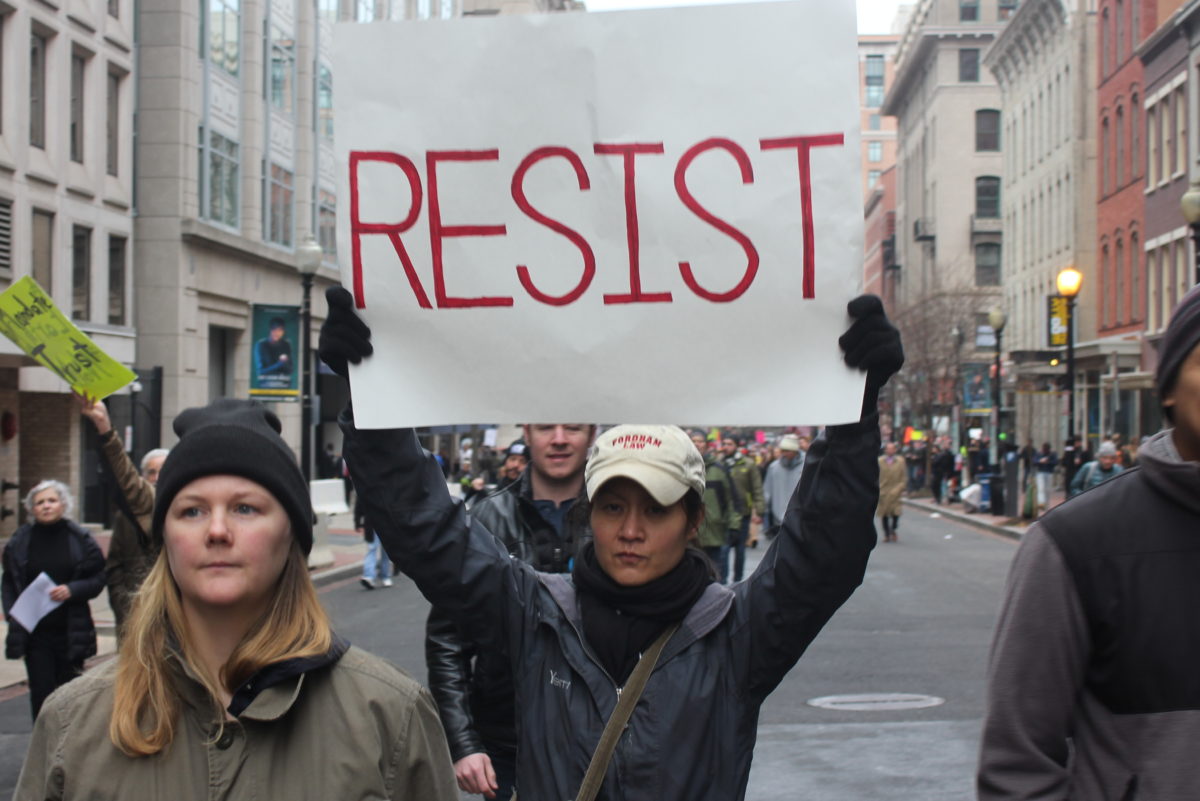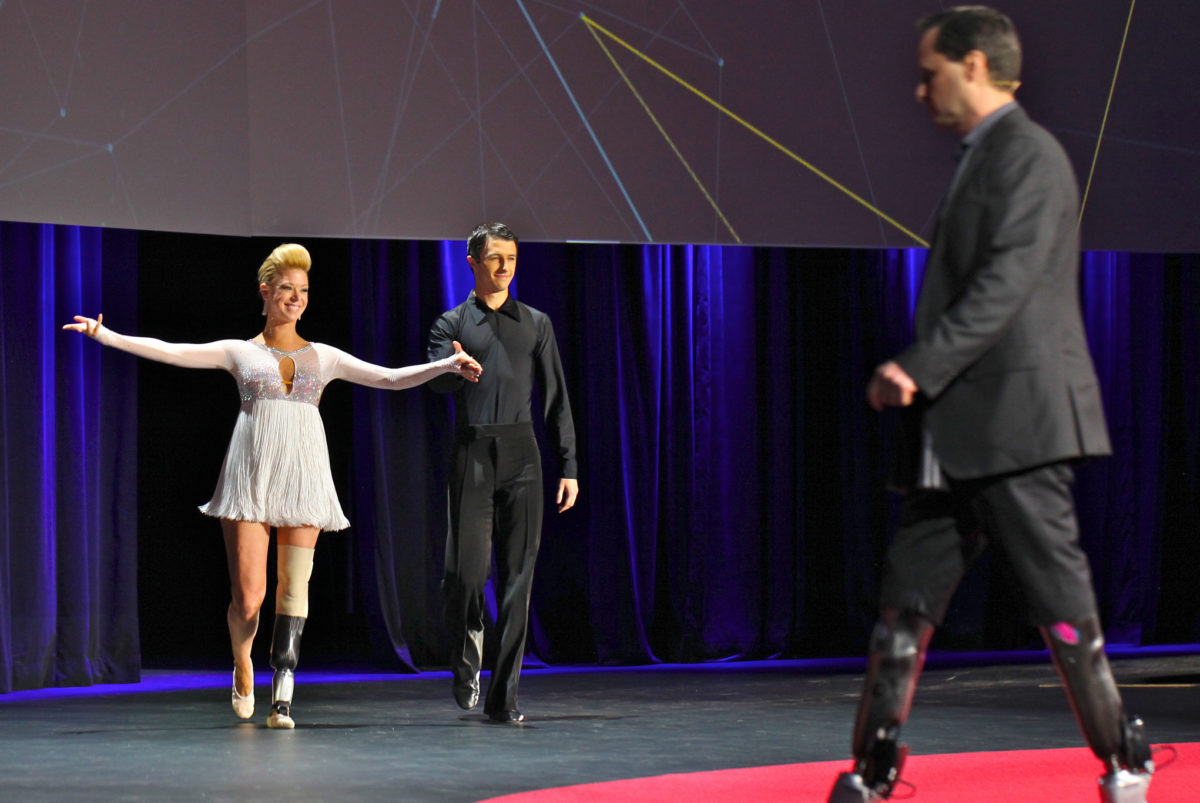In Ayn Rand’s novel Anthem, the protagonist Equality-2571 finds himself in a bleak world in which government has abolished all freedoms and men live by candlelight. The story centers on Equality’s quest to discover a superior source of light against the mandate of the central council, which has outlawed most technology. His struggle to return light to the world expresses the basic conflict between the individual and the collective.
A smaller-scale version of the same conflict is now evident in the controversy surrounding a bill passed by Congress and signed by President Bush in 2007 that would phase out of the use of incandescent light bulbs over the next few months (though Republicans have now withdrawn funding for the bill). The motive behind the ban exhibits the same collectivist paternalism seen in Anthem. As a consequence, the ban will curtail our freedom to decide what is best for our lives.
On what premise does the state invade our lives and outlaw the incandescent light bulb? “Efficiency” is the standard it proposes. The state has declared that the incandescent light bulb wastes electricity and should therefore be outlawed.
Supporters of the ban will claim that if everyone used a more efficient light bulb, the tiny amounts of energy saved by each user would add up to save the nation huge amounts of energy, and so the use of more efficient bulbs would help prevent energy shortages in the future.
But is appealing to energy efficiency a legitimate justification for social policy? True, it may save energy, but who reaps the benefits of these savings? There is no single person. “Society” benefits, they tell us, but what is “society,” and are its demands a legitimate justification for the state’s paternalism?
Appealing to what is efficient to society assumes that people have collective needs and goals. This is not the case; society is not one giant collective organism. It is millions of individuals making their own decisions about what is best for their own lives. Each person has his or her own unique needs, standards and values. We need a system of distribution that respects the sovereignty of the individual and allows each person to select the light bulb best for them.
The solution to the so-called scarcity problem lies in the price system, not the schemes of central planners. The price system incentivizes people to create energy by allowing them to get rich from selling it. Consider the recent source of shale-oil as an energy source. By leaving investors free to seek out new sources of energy, the shale-oil industry has boomed in Texas, creating new energy for thousands of homes.
To save energy, we do not to need ban light bulbs that use “too much” of it, as central-planners would have us believe. Rather, we need to leave people free to create more energy by rewarding them for their efforts.
The price system also facilitates the allocation of goods according to the consumer’s willingness to pay for the good. Each person has his own goals and values which may legitimately differ from those of another. One person may want a light bulb that saves him the most money, and might choose an LED or CFL bulb if he finds that is the most economic option. However, somebody else may not like the light produced from these energy-saving bulbs and would rather spend more money on the energy needed for the warm, yellow glow of incandescent bulbs.
Our choice in light bulbs is like any other choice in life. We have to decide which goods we should purchase, which values we want from the purchases we make, all in order to maximize the enjoyment that we get from our lives. Only we as individuals can answer such questions for ourselves and purchase goods accordingly. Bearing this in mind, how can any bureaucrat decide what light bulbs are best for us?
The consequences of failing to consider this question are far-reaching. As Rituparna Basu argues in an earlier piece in The Undercurrent, once we allow government to become the arbiter of our personal life decisions, it becomes an addiction that is hard to break:
Our lives are comprised of a constant series of decisions, ranging from the foods we should eat to the careers we pursue to the relationships we choose to have, any number of which it might be asked: is that a healthy choice? Is that really best for you? If we accept that it is the government and not we as individuals who decide the answers to these questions, there is no logical end to how intrusive the government may become in order to purportedly protect us or our children from obesity or any other real or alleged harm.
We should recognize that the individual alone determines what is efficient for his own life. The state cannot and should not try to decide which light is best for us: that decision should be ours alone. If it isn’t, we may find ourselves in a world just like Anthem.





